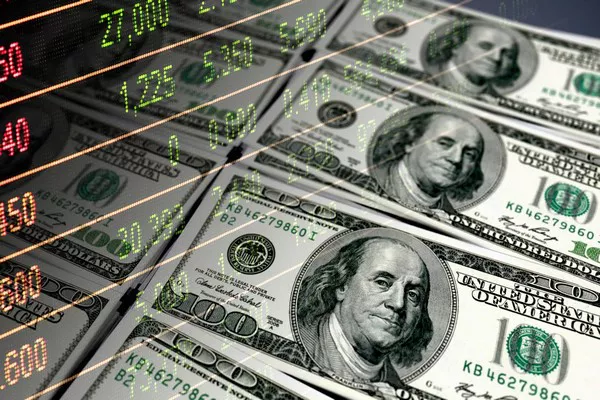USD, or the United States Dollar, is considered the world’s most powerful currency. It is widely used as a medium of exchange in international trade and commerce, and it is also the official currency of the United States of America. The significance of the USD extends beyond just its use as a currency, as it also serves as a benchmark for global financial markets. In this article, we will delve deeper into what the USD is, its history, its role in the global economy, and why it is so important.
The History of the USD:
The USD has a rich and fascinating history that dates back to the 18th century. The paper currency system was first introduced in the United States during the American Revolution, where the Continental Congress authorized the printing of the “Continental Currency” to fund the war effort. However, due to issues with counterfeiting and inflation, the value of the Continental Currency rapidly declined, leading to its eventual demise.
In 1792, the US Congress passed the Coinage Act, which established the US Mint and authorized the production of gold, silver, and copper coins in denominations ranging from one cent to ten dollars. The US dollar was then defined as a fixed weight of gold or silver, known as the gold standard, until the early 20th century.
The Bretton Woods Agreement, signed in 1944, marked a significant turning point in the history of the USD. Under the agreement, the USD was adopted as the global reserve currency, backed by gold at a fixed rate of $35 per ounce. This gave the USD an unparalleled degree of stability and reliability in international trade and investment.
However, this system eventually collapsed in 1971, when President Nixon suspended the convertibility of the USD into gold. Since then, the USD has been a fiat currency, meaning it is not backed by any physical commodity but rather the belief in its value by its users.
The Role of the USD in the Global Economy:
The USD is the most widely used currency in international trade and commerce, with approximately 88% of all foreign exchange transactions involving the USD. It is also the primary currency for global commodities such as oil and gold, which are traded in USD denominations.
The USD’s role as a reserve currency is critical to the global economy. Central banks and governments worldwide hold significant amounts of USD as foreign exchange reserves, providing them with liquidity and stability in times of economic uncertainty. The USD’s dominance as a reserve currency has also allowed the US government to borrow money at lower interest rates than other countries.
Furthermore, the USD’s status as a global benchmark for financial markets means that fluctuations in its value can have widespread implications across different asset classes. For example, a strong USD can lead to lower commodity prices, while a weak USD can increase demand for commodities and raise prices.
Why is the USD So Important?
The USD’s importance stems from several factors. Firstly, the United States is the world’s largest economy, and the USD is the currency of this economic powerhouse. This gives the USD an inherent level of credibility and reputation that other currencies cannot match.
Secondly, the USD’s historical role as a global reserve currency has given it a degree of institutional support that other currencies lack. Central banks and governments worldwide hold large amounts of USD, giving the currency a stable base of demand and providing it with liquidity in times of crisis.
Thirdly, the USD’s use as a benchmark for financial markets has made it a critical component of global financial infrastructure. Many financial instruments, such as bonds and derivatives, are priced in USD, meaning that fluctuations in the USD’s value can have far-reaching implications across different asset classes.
Finally, the unique position of the United States in global politics has given the USD a geopolitical significance that other currencies do not enjoy. The US is a superpower with worldwide military and diplomatic influence, giving the USD a level of credibility and institutional support that other currencies cannot match.
Conclusion:
In conclusion, the USD is much more than just a currency. Its historical significance, institutional support, and global dominance make it a critical component of the global economy. The USD’s role as a reserve currency, benchmark for financial markets, and geopolitical importance means that it will continue to be an essential part of the global financial landscape for years to come.


